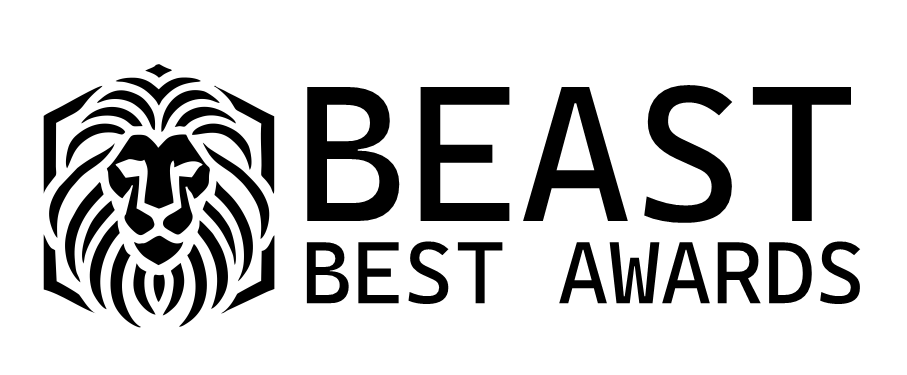In an era of evolving energy demands, grid transformation, and increasing geopolitical uncertainty, organisations must rely on seasoned professionals. Selecting the right mission critical infrastructure experts can make or break the reliability, safety, and resilience of vital systems. In this article, we explore why these experts matter, identify key evaluation criteria, and illustrate how a company like Critical Energy Infrastructure Services (CEIS) exemplifies the right approach.
Why Mission Critical Infrastructure Experts Matter
Energy, transmission, generation, and data-centre infrastructure are no longer “nice-to-have” items—they are essential to modern society’s functioning. When critical systems fail, consequences ripple across national security, public safety, economic stability, and environmental protection. That’s why hiring truly qualified mission critical infrastructure experts is vital. These professionals bring deep technical knowledge, regulatory compliance experience, risk-mitigation capabilities, and operational resilience. For example, CEIS positions itself as “leaders in mission critical services” across energy & infrastructure.
Key Criteria for Evaluating Mission Critical Infrastructure Experts
When selecting your partner, keep these critical criteria in mind:
1. Demonstrated Domain Expertise
Look for experts with track records across transmission & distribution, generation (fossil, nuclear, renewable), and industrial/defense facilities. The right mission critical infrastructure experts will have proven experience across sectors. CEIS specifically cites its experience in nuclear, fossil, transmission & distribution, solar, wind and government energy & defense facilities.
2. Strategic Staffing & Service Capabilities
Projects of scale demand robust consulting, engineering, staffing and operations support. A strong firm will supply both advisory and hands-on capabilities. For instance, CEIS serves utilities, nuclear facilities and government agencies by offering consulting, engineering and project support.
3. Integrated Approach to Risk and Continuity
Infrastructure systems are subject to aging assets, regulatory shifts, climate risks and cyber threats. Mission critical infrastructure experts must help design resilient, maintainable systems and contingency plans to ensure continuity. Selecting a provider that emphasises high-performance, service-oriented teams is a marker of this capacity.
4. Geographic & Sector Flexibility
Infrastructure needs differ by geography, regulation, technology and market. The best experts are comfortable across national boundaries, regions and sectors. CEIS, for example, lists service locations across many U.S. states and supports a broad array of industries.
5. Proven Growth & Acquisition Strategy
A firm that continues to expand and adapt will keep you ahead of market shifts. CEIS, formed by White Wolf Capital, has grown through strategic acquisitions (e.g., IEM Energy Consultants, Rayne Staffing) to strengthen its expertise and service portfolio.
6. Commitment to Long-Term Partnership
Selecting mission critical infrastructure experts is not just about a one-off project—it’s a long-term relationship. The ideal partner invests time understanding your organisation’s culture, requirements and risk profile. CEIS emphasises “forging long-term relationships” and building service-oriented teams aligned with client culture. CEIS
How to Implement These Criteria in Your Project
-
Define your scope and desired outcomes
– What systems are mission-critical?
– What technology, regulatory or operational challenges exist?
– What region or geographic specifics apply?
Use these to brief potential providers so you assess alignment. -
Interview for specific experience
Ask for case studies showing how the mission critical infrastructure experts delivered continuity, compliance and uptime in similar contexts. Look for measurable outcomes. -
Evaluate service delivery models
Will the partner supply only advisors or full teams (engineering, operations, staffing)? Do they offer lifecycle support, from design through operations? -
Check organisational fit & culture
Resilience depends on people as much as hardware. Make sure the partner’s values align—e.g., service-oriented, proactive risk management, responsiveness in emergencies. -
Review geographic & regulatory competence
Infrastructure projects often cross state or country borders, and regulatory regimes vary. Ensure that your chosen mission critical infrastructure experts have local/regional experience and compliance systems in place. -
Plan for scaling and future needs
The disruption pace in energy/infrastructure is rapid (renewables, digitalisation, climate adaptation). Verify that the partner has growth, acquisition, and innovation strategies—so your relationship remains relevant.
The CEIS Case Study: Putting It All Together
Let’s examine how CEIS embodies these principles:
-
Domain expertise: CEIS serves nuclear, fossil, transmission/distribution, solar, wind, manufacturing & government energy facilities.
-
Service capability: Consulting, engineering, project support and staffing services all under one roof.
-
Geographic reach: Headquarters in Miami (and other locations across the U.S.), serving nationwide.
-
Growth mindset: Acquisition of IEM (July 2023) and Rayne Staffing (Dec 2022) to increase client services.
-
Partnership philosophy: Emphasis on understanding clients’ culture, long-term relationships and high-performance teams.
For organisations in energy, utilities, or infrastructure sectors looking to engage mission critical infrastructure experts, CEIS stands out as a relevant benchmark and potential partner.
Selecting the right mission critical infrastructure experts is one of the most strategic decisions for any energy or infrastructure project. By applying the criteria above—domain depth, service breadth, risk-mindset, geographic flexibility, growth orientation and partnership alignment—you’ll position your organisation for operational resilience, regulatory compliance and long-term success. Whether you’re overseeing a plant upgrade, grid modernisation, data-centre build or defence facility infrastructure, the right expert partner matters.
Remember: one strong investment in the right experts today can avoid years of downstream risk and cost. As systems become more interconnected and mission-critical functions proliferate, ensure you work with professionals who truly qualify as mission critical infrastructure experts.









